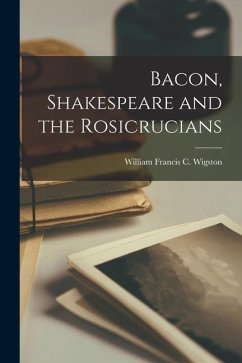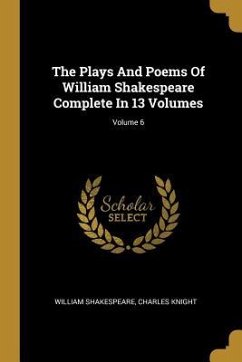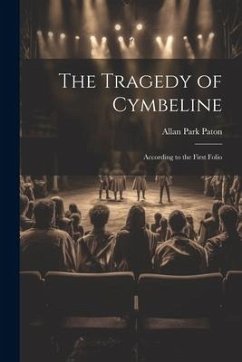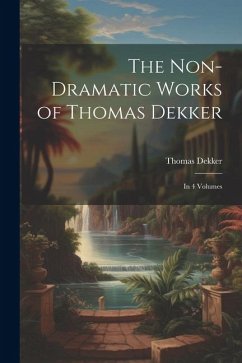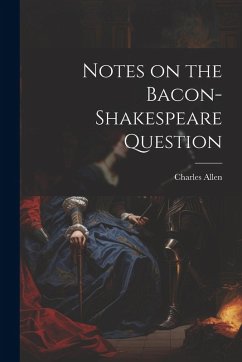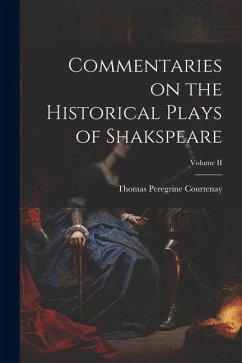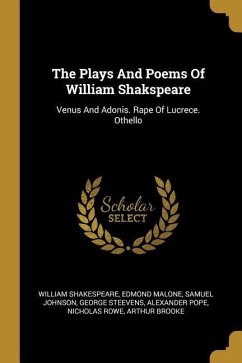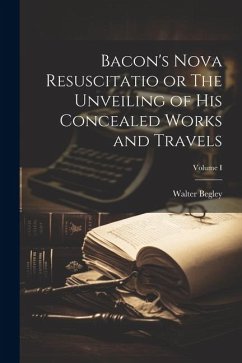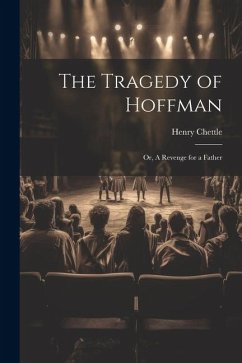
Bacon, Shakespeare and the Rosicrucians
Versandkostenfrei!
Nicht lieferbar
The consideration of the Bacon-Shakespeare-Rosicrucian controversy is undertaken not for the vain purpose of digging up dead men's bones but rather in the hope that a critical analysis will aid in the rediscovery of that knowledge lost to the world since the oracles were silenced. It was W. F. C. Wigston who called the Bard of Avon "phantom Captain Shakespeare, the Rosicrucian mask". This constitutes one of the most significant statements relating to the Bacon-Shakespeare controversy. It is evident that William Shakespeare could not, unaided, have produced the immortal writings bearing his nam...
The consideration of the Bacon-Shakespeare-Rosicrucian controversy is undertaken not for the vain purpose of digging up dead men's bones but rather in the hope that a critical analysis will aid in the rediscovery of that knowledge lost to the world since the oracles were silenced. It was W. F. C. Wigston who called the Bard of Avon "phantom Captain Shakespeare, the Rosicrucian mask". This constitutes one of the most significant statements relating to the Bacon-Shakespeare controversy. It is evident that William Shakespeare could not, unaided, have produced the immortal writings bearing his name. He did not possess the necessary literary culture, for the town of Stratford, contained no school capable of imparting the higher forms of learning reflected in the writings ascribed to him, and in his early life he evinced a total disregard for study. All six known examples of Shakespeare's handwriting are signatures, and three of them are in his will. The scrawling, uncertain method of their execution stamps Shakespeare as unfamiliar with the use of a pen, and it is obvious either that he copied a signature prepared for him or that his hand was guided while he wrote. The philosophic ideals promulgated throughout the Shakespearian plays demonstrate their author to have been familiar with certain doctrines and tenets peculiar to Rosicrucianism; in fact the profundity of the Shakespearian productions stamps their creator as one of the illuminati of the ages. Most of those seeking a solution for the Bacon-Shakespeare controversy have been intellectualists. Notwithstanding their scholarly attainments, they have overlooked the important part played by transcendentalism in the philosophic achievements of the ages. The mysteries of superphysics are inexplicable to the materialist, whose training does not equip him to estimate the extent of their ramifications and complexities. Yet who but a Platonist, a Kabbalist, or a Pythagorean could have written The Tempest, Macbeth, Hamlet, or The Tragedy of Cymbeline? Who but one deeply versed in Paracelsian lore could have conceived, A Midsummer Night's Dream?




